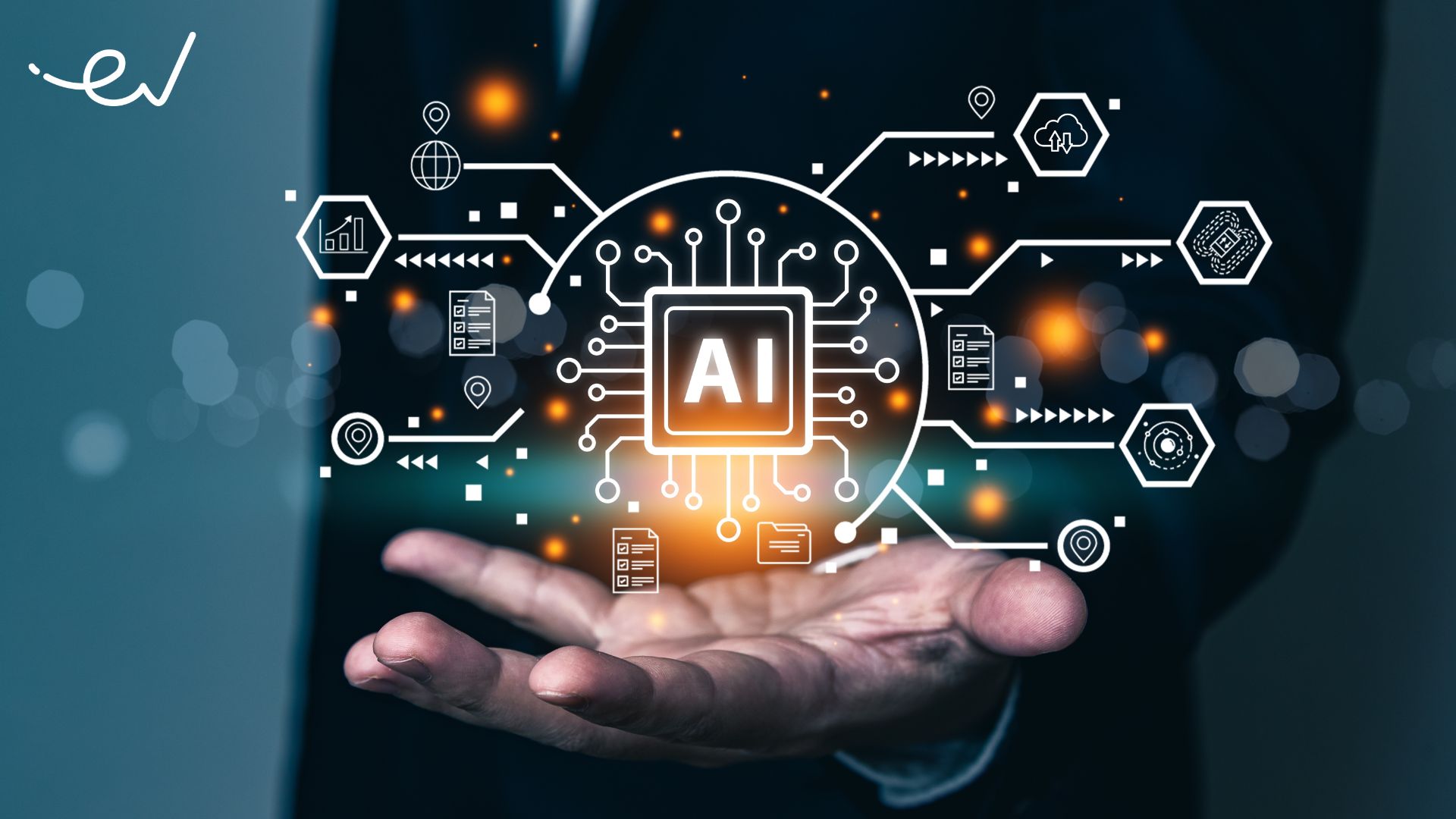Artificial intelligence (AI) has been a buzzword in recent years, and for good reason. It’s transforming the way we live, work, and do business. From healthcare to finance, retail to transportation, and everything in between, AI is making its presence felt in all industries. But what exactly is AI? Simply put, it’s the development of computer systems that can perform tasks that typically require human intelligence, such as learning, problem-solving, and decision-making. With advancements in technology and the growing availability of data, AI has become more sophisticated and accessible than ever before. As a result, it is now being implemented in various industries, disrupting traditional processes and creating new opportunities for growth and innovation. In this blog post, we’ll explore the reasons behind the widespread adoption of AI and its impact on different industries.
What is Artificial Intelligence?
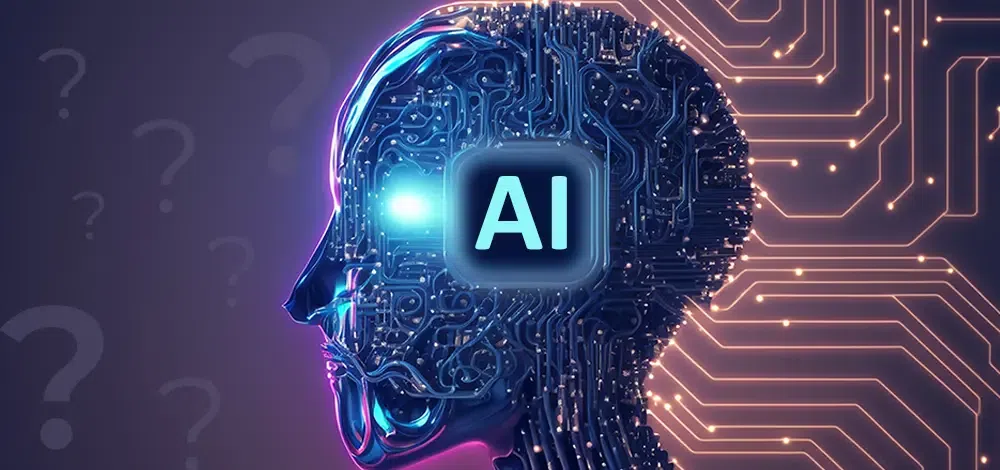
Artificial intelligence, or AI, is the science of creating intelligent machines that can mimic human cognition. In simpler terms, AI is the discipline focused on making machines smart or capable of performing tasks that typically require human intellect. It involves developing algorithms that allow these machines to learn from the vast amount of data they collect. The primary aim is to design systems that can understand, learn, predict, and enhance human activities.
Some key components of artificial intelligence include machine learning, natural language processing, image recognition, and decision-making. Machine learning is a subset of AI, where computers use algorithms to autonomously learn from data and information. It’s through machine learning that computers start to behave intelligently without being explicitly programmed.
Natural language processing allows machines to understand and generate human language, including speech. Image recognition, on the other hand, allows machines to recognize and interpret visual data from the environment. And, decision-making algorithms enable machines to make choices based on a set of rules and strategies.
Overall, artificial intelligence takes us to a realm beyond manual computing, where machines can process and analyze data, make decisions, and perform tasks with minimal human intervention. It’s this capacity to self-learn and evolve that makes AI an indispensable tool in numerous sectors and industries. However, it’s important to remember that AI is still a tool created and controlled by humans, and it’s utilized to augment human capabilities, not replace them.
How Does Artificial Intelligence Differ from Human Intelligence
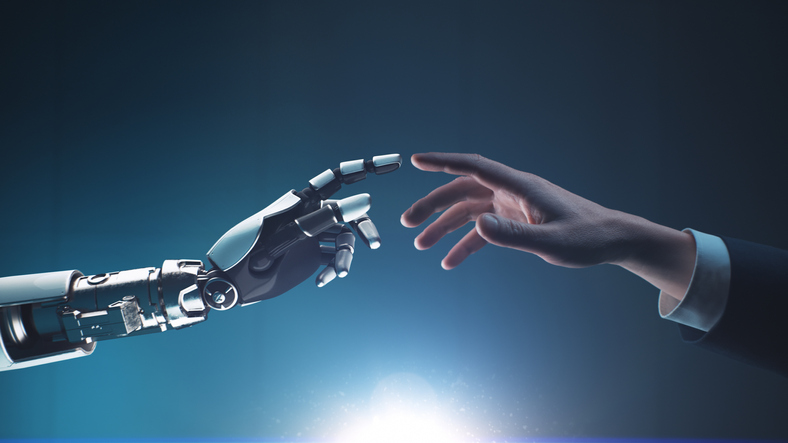
While both artificial and human intelligence involve problem-solving and learning, the key difference lies in their nature and functionality. Human intelligence is inherent, developed through years of evolutionary biology. It includes emotional quotient, consciousness, ability to adapt to new environments, and self-awareness, elements that are currently beyond the reach of AI. Human intelligence also has the ability to understand context, be creative, and learn from experiences in a way that artificial intelligence does not. On the other hand, AI is designed and programmed by humans. It excels in processing large volumes of data, performing complex calculations, and executing tasks with speed and precision that surpass human capabilities. Unlike humans, AI can work 24/7 without fatigue and can operate without biases or emotions that may affect decision-making. Yet, it’s important to remember that AI depends entirely on the data fed into it and the algorithms created by humans. It doesn’t have the capacity to feel, perceive, or understand in the same way a human does. Thus, while both have their unique strengths, AI does not replace human intelligence, but rather complements it.
Check-out Health Related Blog: 7 Positive Effects Of Meditation On Our Body And Soul
Uses of AI in Different Industries
AI is revolutionizing every industry by allowing organizations to automate operations, get insights from data, and develop new value propositions. Here are some examples of how AI is transforming several industries:
- AI in Healthcare: Artificial intelligence is significantly transforming healthcare, aiding in various aspects from diagnosis to patient care. AI algorithms analyze patient data to predict health trends, enabling early intervention. It also assists physicians in decision-making by providing comprehensive patient information. Furthermore, AI-powered robots aid in precision surgery, reducing human error. Hence, artificial intelligence is revolutionizing healthcare, enhancing outcomes, and personalizing patient care.

- Robotics: AI is driving advances in robotics, particularly in manufacturing, where robots powered by AI algorithms perform tasks with speed and precision, increasing efficiency and productivity. AI-powered robots can also adapt to changing conditions and learn from experience, reducing error rates. In addition, AI is enabling the development of autonomous vehicles and drones. It’s also used in social robots that can interact with people in a more natural, human-like way, enhancing their usability in fields like education, healthcare, and customer service.

- Chatbots: Artificial intelligence plays a crucial role in chatbots, enhancing their ability to comprehend and respond to human queries. A prominent example is Bing’s ChatGPT, powered by AI, which efficiently interprets customer inquiries, providing relevant and accurate responses. The use of AI in chatbots not only improves user experience but also revolutionizes customer service, ensuring swift and personalized interaction.
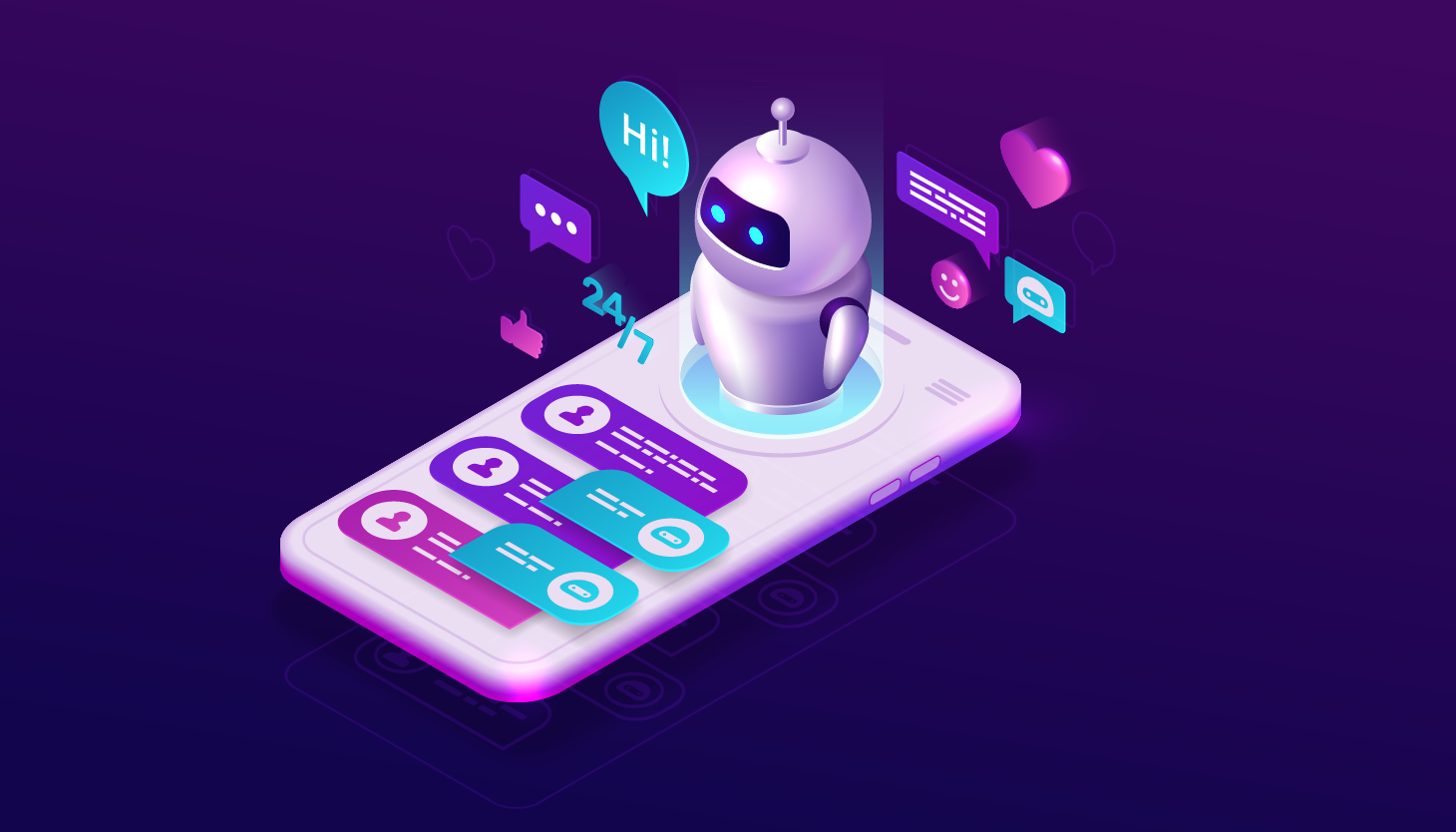
- AI in Education: Artificial intelligence is transforming the education sector by facilitating personalized learning. AI algorithms analyze a student’s performance to identify strengths and weaknesses, customizing educational content accordingly. It also automates administrative tasks, freeing up time for educators. AI-powered platforms provide interactive learning, fostering student engagement. Hence, AI is reshaping education, making it more effective and personalized.
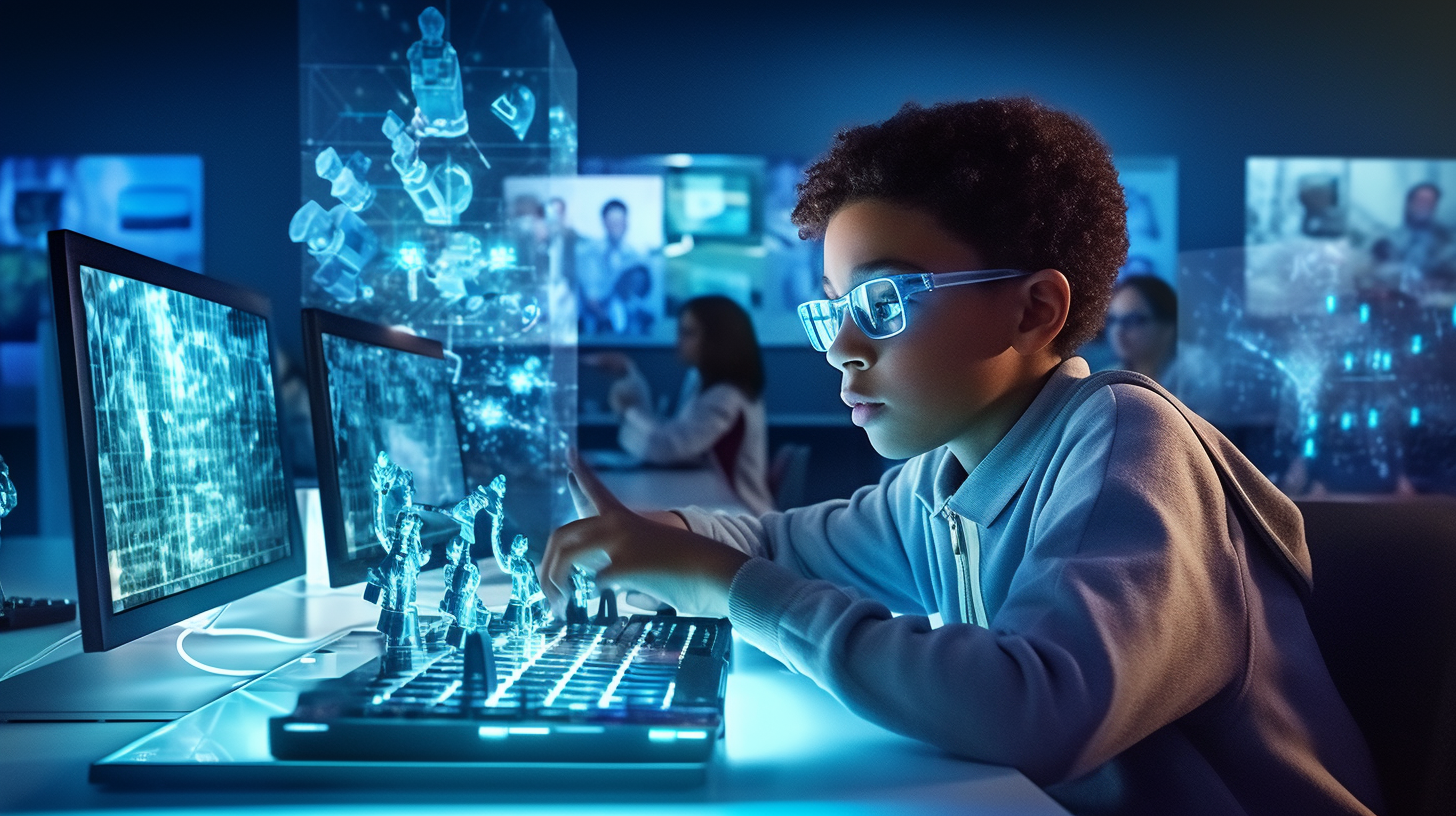
- AI in Social Media: Artificial intelligence is revolutionizing social media platforms, enhancing user experience and business marketing strategies. AI algorithms analyze user behavior and preferences to curate personalized content, promoting user engagement. It also enables sentiment analysis, aiding businesses in understanding customer perspectives. Furthermore, AI-driven chatbots on social media offer efficient customer service. Hence, AI is significantly reshaping the social media landscape.

- AI in Business: Artificial intelligence is proving to be a game-changer in the business world. AI-driven data analysis provides businesses with deeper insights, helping with strategic planning and decision-making. It automates repetitive tasks, improving efficiency, and productivity. AI is also being utilized for customer relationship management, providing personalized experiences that boost customer satisfaction and loyalty. Furthermore, AI-powered risk management tools help businesses predict and mitigate potential risks. In short, AI is creating a new paradigm in business operations, promising more growth and innovation.
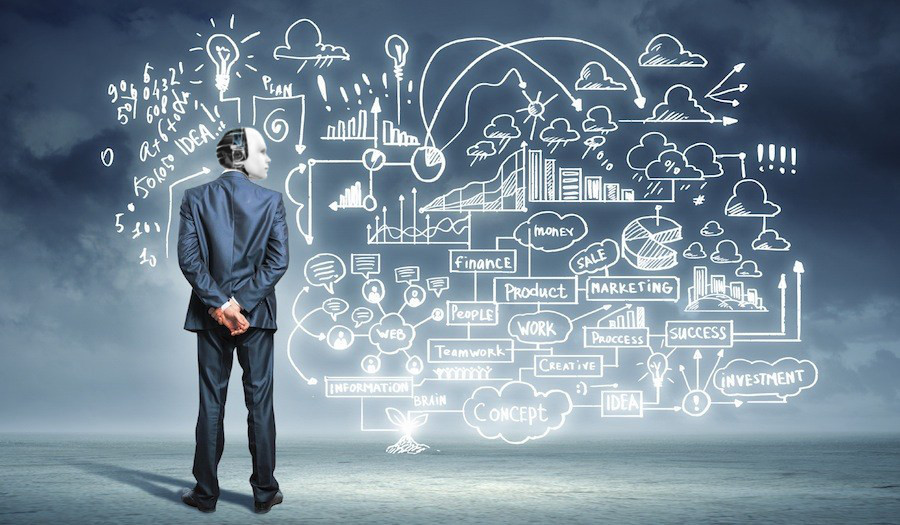
- AI in Agriculture: Artificial intelligence is dramatically reshaping agriculture, driving efficiency and sustainability. AI algorithms analyze crop and soil data, enabling precise irrigation and fertilization, reducing waste and maximizing yield. AI-powered drones monitor field conditions, identifying signs of disease or pests early. Additionally, AI enhances livestock management through behavior tracking and health monitoring. Thus, AI in agriculture is boosting productivity while promoting environmentally-friendly practices.
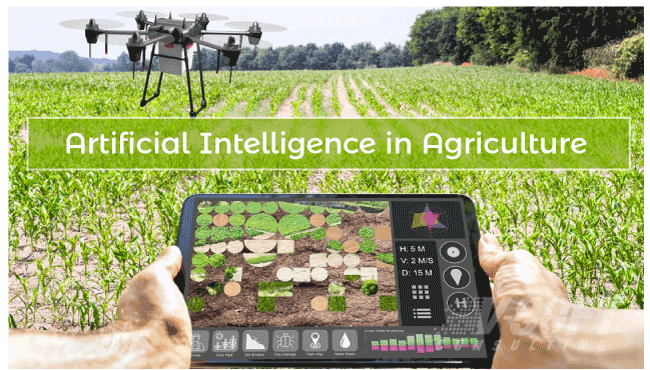
The Benefits of Integrating AI in Industries
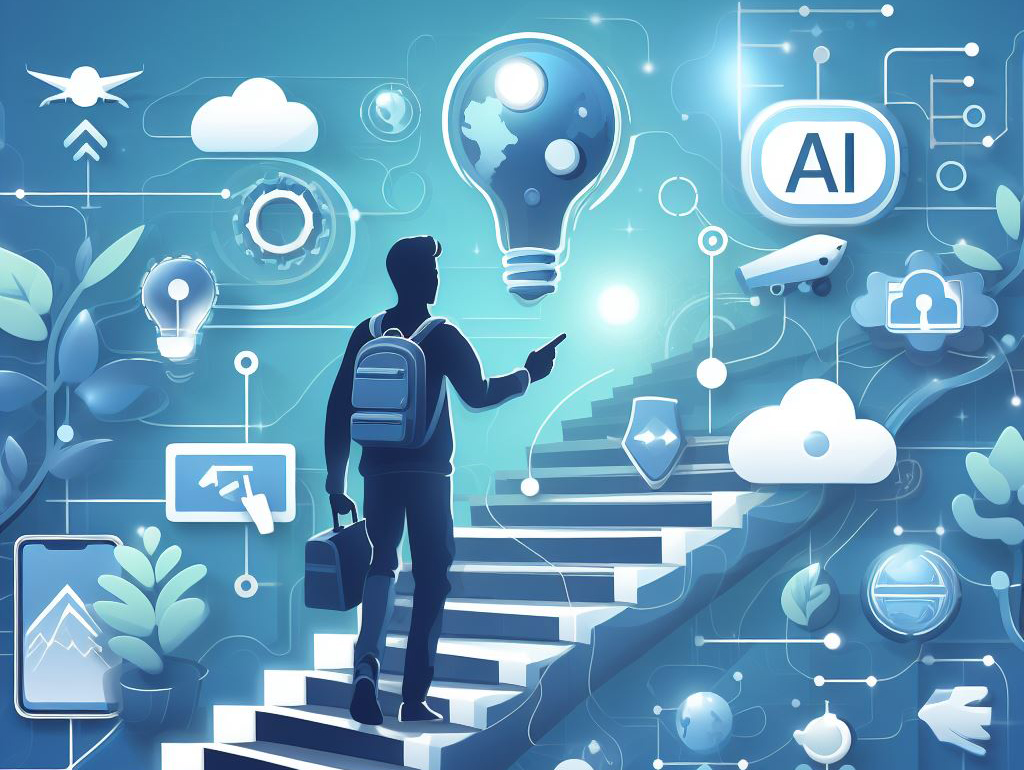
The integration of artificial intelligence within various industries brings about several substantial advantages. For starters, AI has the capability to bolster productivity by automating tasks that are typically repetitive and time-consuming. This automation allows for human resources to be more efficiently directed towards tasks requiring human intuition and judgment.
Furthermore, artificial intelligence can empower businesses with data-driven insights that aid strategic decision-making. By analyzing vast data sets at a speed and level of complexity beyond human capability, AI algorithms can uncover patterns and correlations that might otherwise remain unnoticed. These insights can prove invaluable in identifying opportunities for business growth and in mitigating potential risks.
In terms of precision, artificial intelligence offers a higher level of accuracy compared to human efforts, thereby substantially reducing the likelihood of errors. This aspect of AI is particularly beneficial in sectors where precision is critical, such as healthcare or financial services.
Another notable benefit of AI is its ability to personalize customer experiences. AI algorithms can analyze a customer’s previous interactions, preferences, and behavior to deliver tailored services or recommendations. This personalization not only leads to higher customer satisfaction but also nurtures customer loyalty by making interactions more meaningful and relevant.
Why Intelligence is Not Artificial?
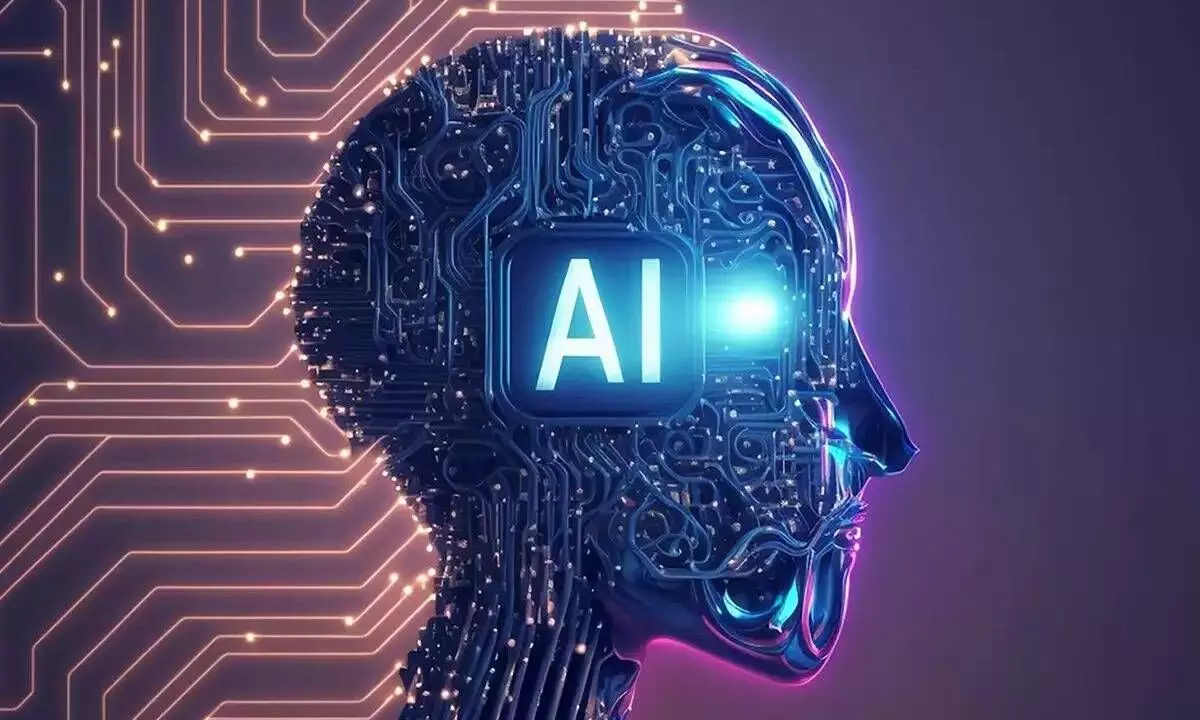
The term ‘artificial intelligence’ might be a bit of a misnomer. Despite its label, the goal of AI is not to recreate human intelligence in its entirety. While AI is a human creation and operates based on intricate algorithms designed by humans, it’s not intended to supplant human intelligence. Instead, its purpose is to augment and assist it. Unlike human cognition, AI lacks elements of consciousness or emotion, and it cannot truly replicate the multifaceted human experience.
Nonetheless, it does offer a distinct form of intelligence, one that excels in tasks involving vast scale computations and sophisticated data analysis. This form of intelligence surpasses human abilities in efficiency and effectiveness, particularly when it comes to handling and processing large amounts of data. This facet of AI is what’s contributing to industry transformations and bringing about innovative changes and opportunities. So, while AI may not be ‘artificial’ in the sense of mimicking human intelligence, it provides a unique and powerful form of intelligence all its own.
Check-out Other Blog: Integrating Technology for Patient-Centric Care




